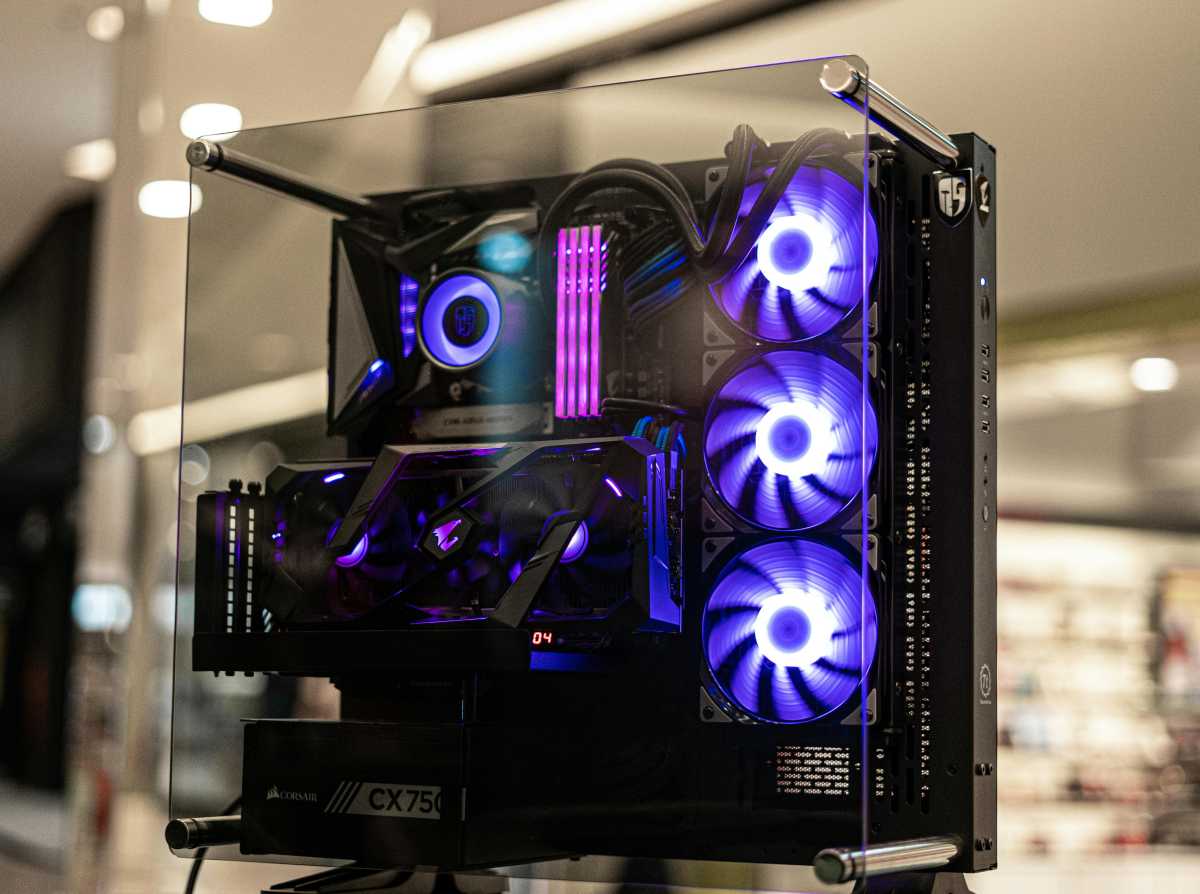Ah, the PC gaming versus console gaming debate. As we head into 2025, the discussion is no longer about whether playing Super Mario on the SNES is better or worse than Doom on the PC. The line between console and PC gaming has grown so blurry that the similarities now far outweigh the differences. There’s little that separates them.
Console makers are growing more agnostic with their wares, shifting from exclusivity to a cross-platform embrace. Sony and Microsoft are both doing this to a staggering degree, with only Nintendo mostly in its own world. And if you’re a PC gamer, you likely possess at least one or two consoles, even if it’s just a Switch.
Let’s dive into how consoles and PCs are more alike than ever, and how each console maker still tries to remain unique going into 2025.
What makes PC gaming unique?
For better or worse, PCs are more complicated than gaming consoles. You have immense flexibility when it comes to building your own machine, upgrading individual parts, and running all kinds of games at various settings. You also have options for souping up your rig with all kinds of third-party accessories and goodies.
But that flexibility comes with non-trivial complexity. Not all hardware options fit together, and you can run into software glitches due to certain PC parts being incompatible or running on outdated drivers. In shorts, there’s a vast array of potential conflicts that can pop up, which is why entire communities have risen around PC troubleshooting.
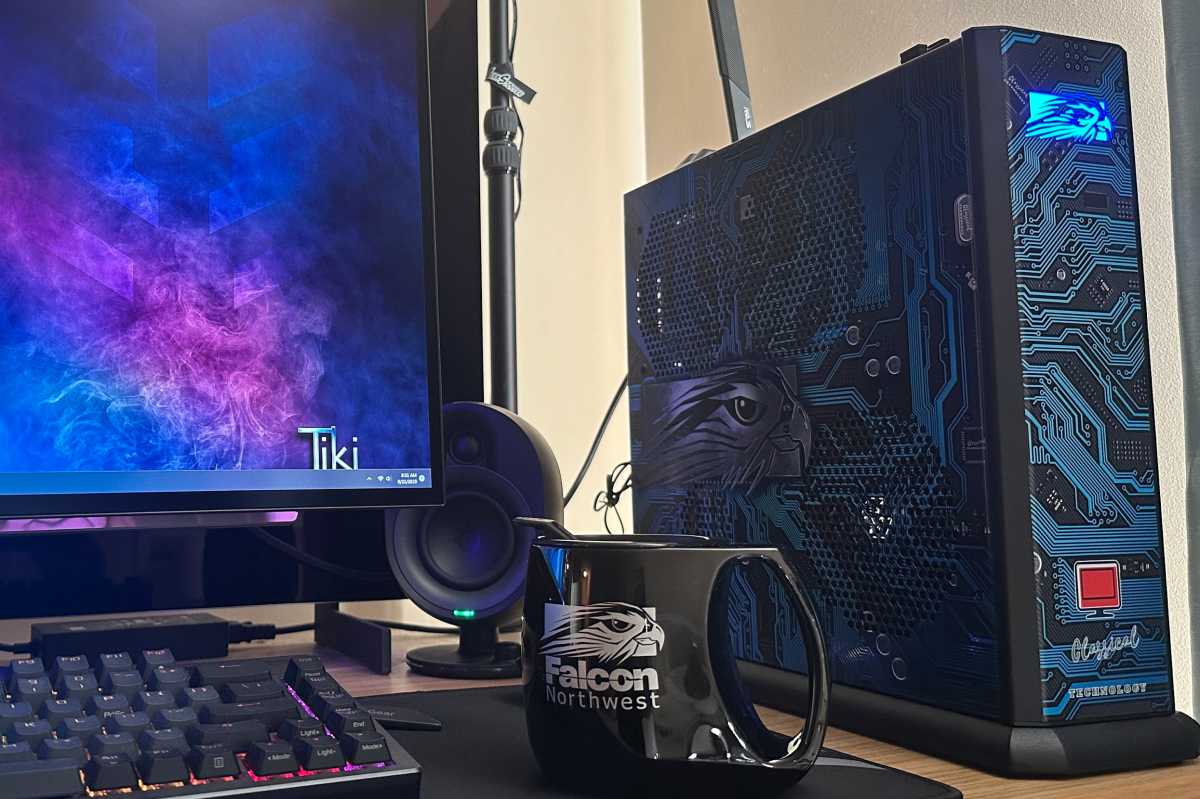
Thiago Trevisan / IDG
But that complexity can be a worthwhile trade-off for techies and tinkerers. You may find lots of joy in the constant upgrade cycle for your GPU, for example, or being able to eke out another year or two of life with a simple part replacement. While PCs are clearly more expensive than consoles, this ability for upgrades allows you to keep your rig humming along with top-tier performance.
Consoles aim to be plug-and-play, with minimal graphics tweaks available since they all run on the same hardware uniformly. This homogeneity makes it much easier for developers to optimize games for consoles, so you run into far fewer issues than you do on PCs. (If you look at console games from decades ago, you’ll rarely find graphics settings. That’s a modern trend rooted in consoles becoming more PC-like.)
Most games on next-gen consoles like the PlayStation 5 limit your options for resolution modes and frame rates. On PC, however, you can choose from a spectrum of resolutions and tweaks that let you customize which features to toggle and how much FPS you’re willing to sacrifice.
And how about where and how you play? Traditionally, PC gaming required that you sit at a desk while console gaming mainly happened from the comfort of a couch. This is changing, though, with features like Steam Big Picture for PC gaming on a TV with just a controller. Indeed, more and more PC gamers are swapping their keyboards and mice for the convenience of wireless controllers.
How Xbox and PC gaming are alike
The line between Xbox consoles and PC gaming continues to blur as we head into 2025. While Xbox hardware sales seem to lag behind the PlayStation 5, Microsoft doesn’t seem to mind. They’re taking a platform-agnostic approach that’s heavily influencing the PC side.
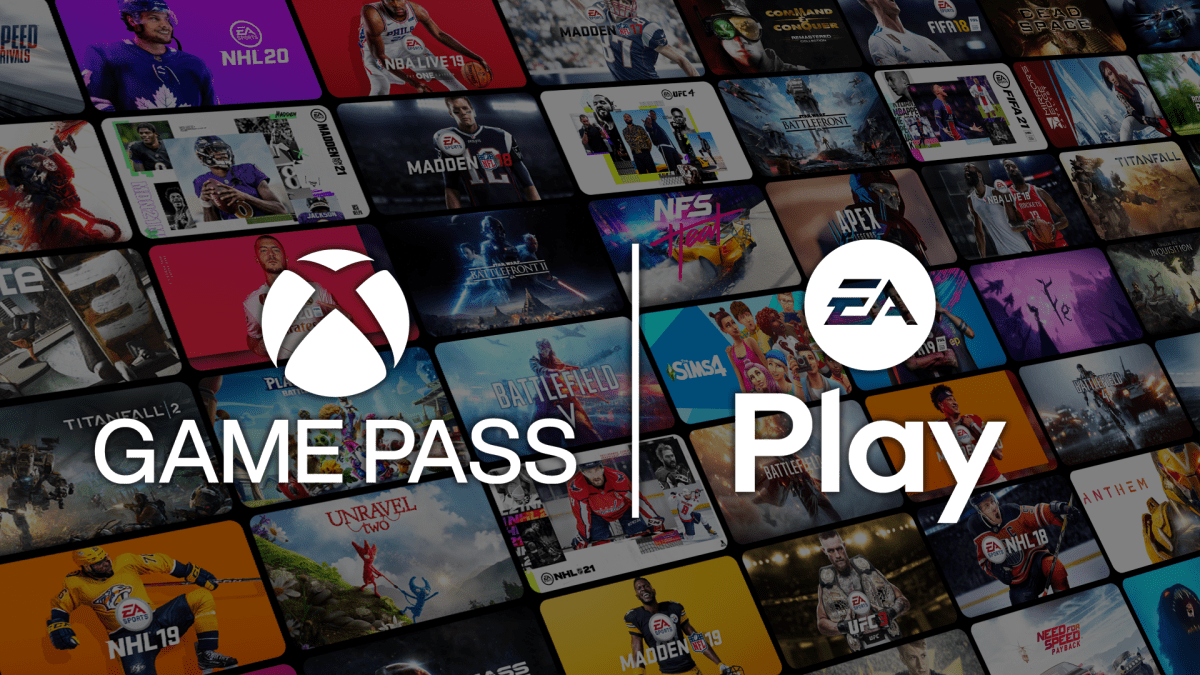
Microsoft
Microsoft’s Game Pass subscription isn’t just an Xbox feature — it’s a service that has spread to multiple platforms. Gone are the days where console exclusives were playable only on an Xbox. They’re now readily available on PC, too.
Microsoft has insured that its stable of gamer favorite franchises are always stocked, too. With the acquisition of massive game studio Activision Blizzard, Microsoft can truly spread beyond the Xbox alone.
Under the hood, modern Xbox consoles are basically PCs with bespoke parts (e.g., AMD-provided internals). It makes sense that Microsoft wants to push its impressive collection of titles to as many platforms as possible, to expose the maximum amount of gamers to its wares. This is just like PC gaming, where a developer doesn’t care about your brand of PC as long as it’s packing enough hardware to play their game.
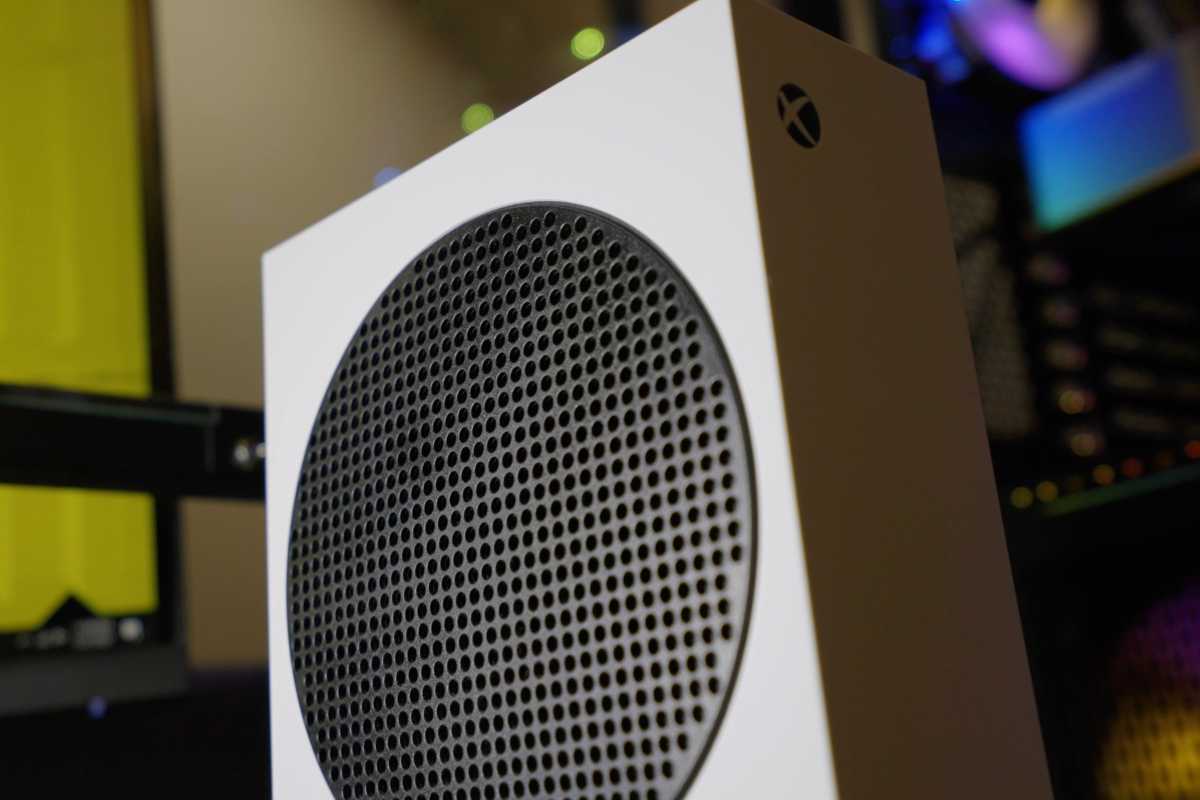
Thiago Trevisan / IDG
The downside to this is that the Xbox as a console has lost its magic, likely reflected in its subpar sales compared to Sony’s PlayStation. With a lack of high-profile exclusives that would encourage gamers to go out and buy an Xbox of their own, it’s now more of a free agent.
On the plus side, you can enjoy the tremendous library of Xbox games on many other platforms, which is a net positive for consumers. This freedom of choice has always been a trait popular with PC gamers, and now the Xbox joins the fray with its software.
Lastly, the way you interface with an Xbox and PC are virtually the same now. Remember when console controllers had proprietary connections that only worked with their respective consoles, like the SNES? These days, we have USB, Wi-Fi, and Bluetooth standards that allow even proprietary Xbox controllers to work seamlessly with PCs.
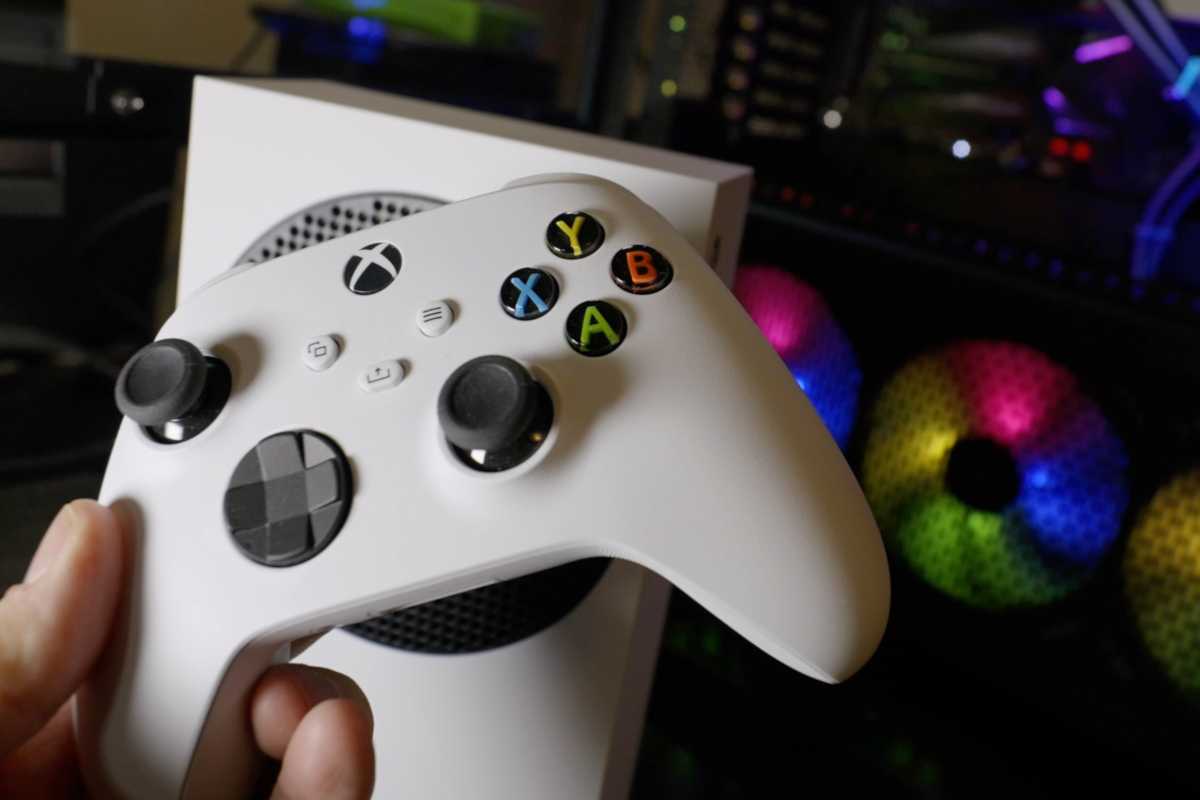
Thiago Trevisan / IDG
Bluetooth makes it a cinch to connect the Xbox controller that came with your console to your PC and have it function exactly the same. Want to turn your expensive gaming laptop into an Xbox? Just use PC Game Pass with an Xbox controller. It’s basically a console at that point.
All in all, the Xbox has already made its transformation into a PC and remains the console that’s closest to the platform. Going into 2025, the line between the two is almost non-existent.
How PS5 and PC gaming are alike
The story of blurring lines gets a bit complicated when you look at the Sony PlayStation 5 and its newer Pro variant. The trajectory might be slower, but it shares similarities with the Xbox becoming PC-like.
There’s no denying that the Sony PlayStation is — and has always been — one of the most popular consoles, challenged only by Nintendo. The PlayStation has led the way during the last two console generations, with tip-top focus on both performance and playability.
But whereas the PlayStation, like the Xbox, once used to pride itself on console exclusives, Sony has taken consumer-friendly turns in recent years. In 2022, they promised to bring more PS games to PC. In 2024, that promise expanded to PC, mobile, and cloud. If you check your favorite game marketplace today, you’ll find no lack of once-exclusive PS titles that are now readily available on PC.
The only caveat with this is that Sony plans to stagger its exclusives between the PS5 and PC, so as to not render its hardware obsolete. For example, while we’ll eventually get titles like Spider-Man 2 on PC, we’ll have to wait. Originally released in October 2023 on the PS5, it won’t come to PC until January 2025.
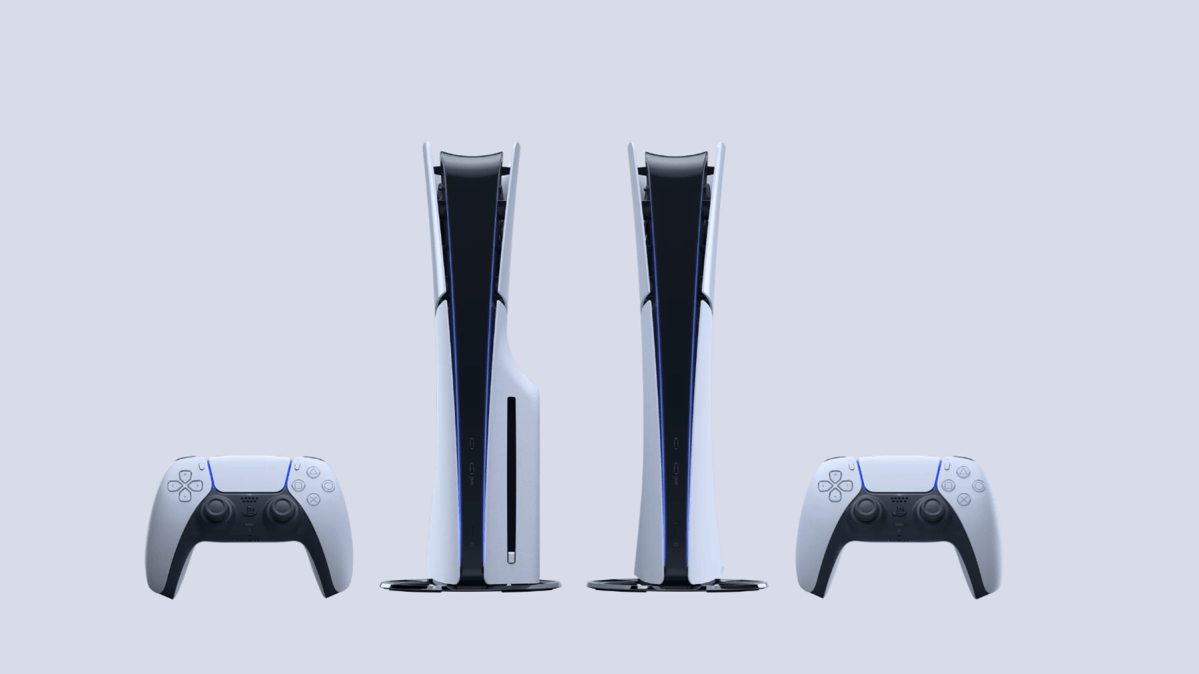
Sony
God of War, Ghost of Tsushima, Sackboy, and Spider-Man are just some previously PS-exclusive titles that now run wonderfully on PC. Sure, Sony obviously wants to grab market share with its franchises from PC gamers. But I’d argue there’s more to it than that. Sony is clearly testing the waters to merge the PC and PlayStation experience together.
Much like the Xbox, the PlayStation is similar to the PC under its hood. It shares in the Xbox’s AMD-based hardware, with its bespoke quality only differing it a bit from what you’d find in a typical PC.
Sony has also entered the DIY PC builder space, if ever so slightly. With the ability to upgrade the NVMe drive in the PS5, gamers can now add extra storage regardless of what the console shipped with.
Login to add comment
Other posts in this group
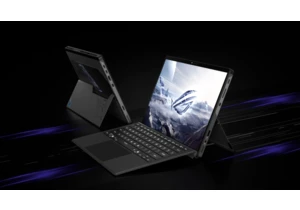
One of my tech dilemmas is that I’ve somehow accumulated a disparate

Once upon a time, you could assume you were pretty safe on the intern
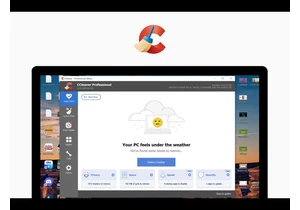
TL;DR: Save 50% on Cleaner, a PC optimization tool t

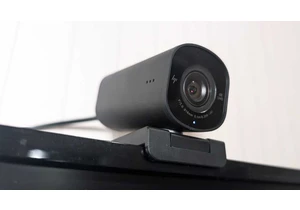
Ages ago, coworkers asked why I covered my laptop’s webcam. Then they
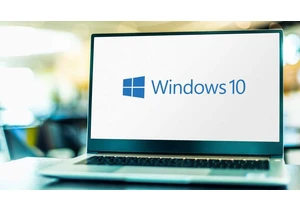
After October 14, 2025, Microsoft will no longer release any regular

